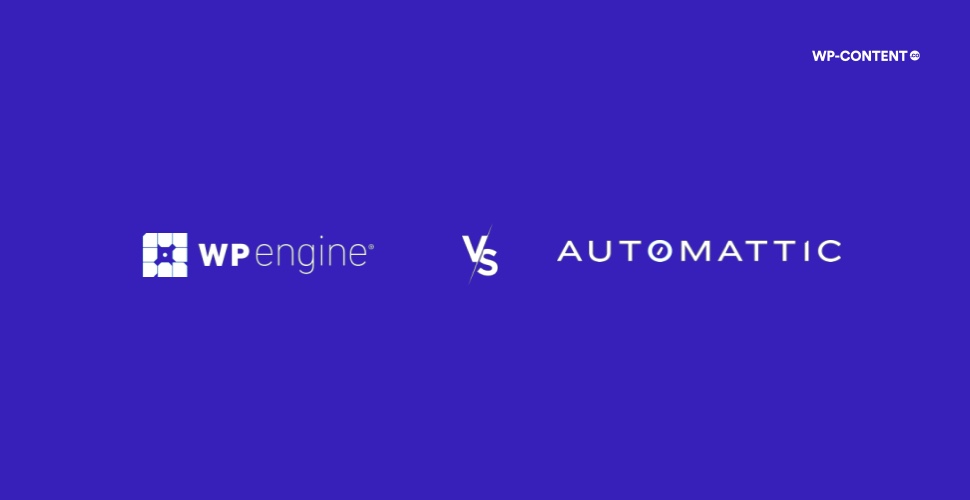In a significant development, Judge Araceli Martínez-Olguín indicated she might grant a preliminary injunction in the ongoing case between WP Engine and Automattic & Matt Mullenweg. The judge found WP Engine’s proposal too vague and asked both parties to refine it and submit their proposals by December 2, 2024. She also emphasized that no further wrongful conduct should occur in the meantime.
The hearing, held on November 26, 2024, saw WP Engine represented by Rachel Herrick Kassabian and her team from Quinn Emanuel, while Anna Shaw and her team from Hogan Lovells represented Automattic and Matt Mullenweg.
WP Engine’s legal team argued for an injunction to restore access to critical resources on WordPress.org, which they claim is essential to prevent further harm to their operations and customers. The dispute has escalated over issues related to plugin submissions, access to core software features, and the handling of paid plugin features.
Key Issues Discussed:
1. Trademarks and Access
WP Engine argued that they have used WordPress.org freely for 15 years and the need access to avoid harm to their business, “does WP Engine have a right to be free from a trademark license?…. I will say that before September 20th, right, the entire WordPress community, including WP Engine, was using WordPress.org. The operator of that site chose to hold it out as a part of the community hub. Right. Doesn’t charge anyone anything to use it. That’s how it’s been for 15 years.”
Automattic’s lawyer, Ann Shaw of Hogan Lovells, stated that WP Engine could comply with the trademark license by either paying a fee or providing volunteer hours, “ Plaintiffs keep focusing that trademark license on a payment. There was a second option in the license as well, which was to satisfy the license through providing essentially the equivalent of volunteer hours to dot-org based on WP Engine’s own employees.” She further stated, “ I think it is notable that on the eve of their filing of the complaint, plaintiffs did a cleanup job on their website to delete numerous references to the WordPress and WooCommerce trademarks, including references that appeared in product names, which is a violation of the WordPress trademark policy.”
2. Blocked Access
WP Engine’s access to certain services on WordPress.org was blocked and Shaw clarified that while WP Engine can still access WordPress software and plugins, they can’t upload or manage plugins on WordPress.org, “Just to be clear about the block of .org, even today, the WordPress software, the plugins, all of that can be accessed by plaintiffs and basically anyone. What has been blocked is an enhanced service for plugins that is provided by the .org website, which would allow plaintiffs to host their plugins, distribute their plugins, manage their plugins.”
Shaw further clarified what this means is that, “ What Plaintiffs cannot do is upload plug-ins to the WordPress directory. They cannot link their systems to our servers, which is what they were doing previously, to automatically create updates and uploads of any changes in the plug-in directory.”
3. Ransom Allegation
WP Engine claimed Automattic’s demand for 8% of their revenue (around $32 million) was like a ransom. Rachel Herrick Kassabian of Quinn Emanuel (representative lawyer for WP Engine) pointed out that WP Engine just like others, has been using the trademark for 15 years and never received any warning or actions in this time frame. The sudden request for 8 percent of WP Engine’s revenues, which translates to around $32 million dollars was unusual. As to how this price was set Kassabian explained,” And when asked, how did you set that price? Mr. Mullenweg, defendant Matthew Mullenweg, acknowledged, “it’s what I thought they could pay. We did an analysis to figure out what the free cash flow was. That’s how we set that number.” She voiced, “ That’s not how you calculate a royalty. That’s how you set a ransom.”
Shaw countered that this demand was based on what Automattic thought WP Engine could pay and continued to state that California law does not recognize a private right to sue for attempted extortion under the California Penal Code. He continued and said they are focusing on cases (Tran v. Winn and Levitt case) that are not relevant to their claims.
4. Mirror Solution
WP Engine created a “mirror” to provide updates and uploads that were previously handled by WordPress.org. WP Engine argued that this solution is temporary and difficult to maintain, “This is an extremely complicated solution to maintain. It’s not built for the long term. It’s just a temporary fix that we had to put in place to satisfy our customers, because all of our customers would have left, probably.”
Judge Martínez-Olguín’s remarks signal a potential victory for WP Engine, but the specifics of the injunction need to be clearly defined by both parties before the next hearing on December 3, 2024.



